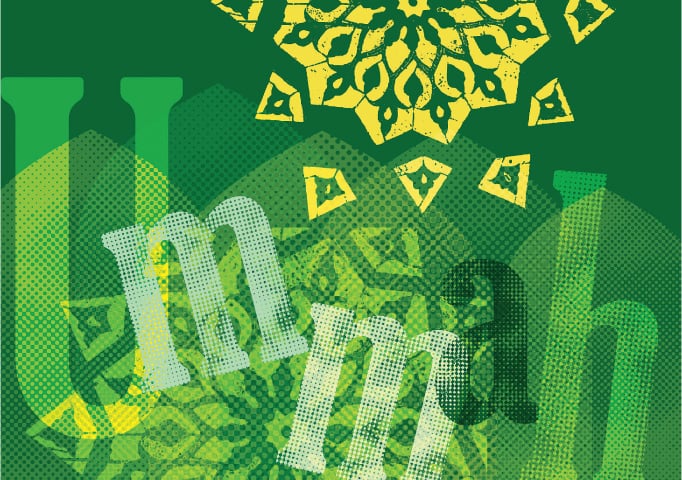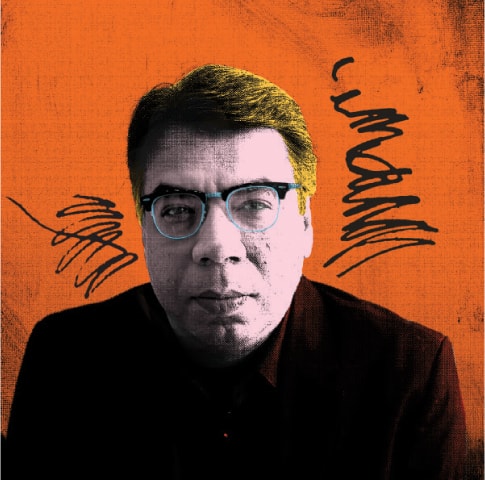
On August 31 this year, former chairman of the Senate and long-time member of the PPP, Raza Rabbani was quoted in the media as saying it is high time for Pakistan to pull out of the Organisation of Islamic Cooperation (OIC). He then added that the “bubble of an Islamic ummah had burst.”
Rabbini was echoing the thoughts aired by many Pakistanis — especially on social media sites — who are incensed by the manner in which Saudi Arabia and the United Arab Emirates (UAE) reacted to India’s move to controversially remove Article 370 from India’s constitution and thus nullify the ‘special status’ that the article provided to India-Occupied Kashmir.
The Saudi monarchy went ahead with a 15-billion-dollar investment deal with an Indian business giant, whereas the UAE government bestowed Indian PM Narendra Modi with the UAE’s highest civilian award.
With the Saudi monarchy and Gulf Arabs making unprecedented and self-interested political moves, Pakistan should also refigure its nationhood in the context of its South Asian heritage
The English weekly The Friday Times had reported on August 9 that Pakistani PM Imran Khan was not happy with Saudi Arabia and the UAE’s passive stance on Kashmir. But when, in mid-August, news of Saudi investment in India became common knowledge, and later, when Modi was bestowed with an award by the UAE, PM Khan didn’t say much. In fact, his foreign minister went to the extent of suggesting that “international relations are above religious sentiment.”
Of course, Pakistan was never given this privilege by the same Arab monarchies. In the 1970s when Saudi/UAE jobs, money and oil began to arrive in Pakistan it was with the condition to gradually rollback the manner in which the state and governments of Pakistan had advocated Islam — sometimes by merging it with Islamic modernism and sometimes fusing it with socialism.
After the Shia clerics came to power in Iran in 1979, Pakistan could still not claim that foreign relations are above religious sentiment as the state of Pakistan gladly embraced militant Saudi proxies in Pakistan against the country’s Shia minority, segments of which eventually became Iranian proxies.
Nevertheless, there is nothing incorrect about what the foreign minister says. Indeed, foreign relations are almost entirely based on geopolitical and economic interests of states. Yet, for over 40 years or so, the Pakistani state and governments have been passionately lecturing their citizens about the notion of a “Muslim ummah” and that Pakistan was at the core of it.
The more immediate roots of this claim can be found in the mid-1970s when oil-rich Arab countries began enjoying windfall profits due to an unprecedented rise in oil prices, and when Saudi Arabia successfully replaced Egypt as the most influential Muslim country.

The Pakistani state’s thinking also began to transform after the country lost its eastern wing in 1971. Pan-Islamist ideas and the word “ummah” became a lot more common in the post-1971 state narrative, mainly to offset the creeping paranoia that Islam alone could not keep an ethnically diverse Pakistan together.
The perception that there was an ummah and Pakistan was an important part of it was bolstered when Pakistan was made the launching pad for an armed ‘jihad’ against the Soviet-backed regime in Kabul.
Saudi Arabia (along with the US) became the largest donor of financial and military aid to Pakistan during this period. Their reasons were geopolitical in nature but, of course, Saudi Arabia and Pakistani dictator Gen Zia explained the endeavour as a jihad by the ummah against the godless Soviet Union. What’s more, it also gave Zia the excuse to start defining himself as ‘Mard-i-Momin’.
Former senator Rabbani is right in saying that this bubble has burst — especially when the Saudi monarchy is making some unprecedented political and social moves to change the geopolitical and ideological complexion of the Kingdom. Pakistan, on the other hand, is left lamenting that it was made a proxy of the Arabs when they needed to enhance their political clout in the Muslim world through the ummah narrative.
Fact is, the roots of the idea of an ummah run even deeper than when the populist Z.A. Bhutto regime first floated the idea in 1974 to get close to oil-rich Arab monarchies. According to historian Dr Mubarak Ali and celebrated sociologist Hamza Alvi, in the 19th century, when the already depleted Muslim rule in India completely collapsed, many Muslims became aware of their minority status vis à vis the Hindus.
In his 2011 book Pakistan In Search of Identity, Dr Ali writes that this is when some members of the fading Muslim elite began to claim that the Muslims of India were a part of the larger Muslim universe, the ummah. In a 1997 essay “Ironies of History”, Alvi explains that the idea of the ummah was proliferated among India’s Muslims by 19th-century pan-Islamists, many of whom had the backing of the last remaining caliphs of the Ottoman Empire.
Interestingly, according to Christopher Jaffrelot’s The Pakistan Paradox, Sir Syed Ahmad Khan, actually discouraged the whole idea of the ummah because he believed it diluted his idea of forming a concrete Indian Muslim identity.
Muhammad Ali Jinnah, too, aired similar concerns when he refused to join the Khilafat Movement (1919-24) led by pan-Islamists and the ulema.
Yet, some 25 years after Pakistan’s birth, the state reinstated the idea of the ummah. Just as this idea had emerged in the 19th century to appease Indian Muslims who had suddenly became conscious of their minority status, in the 1970s, the shock of losing East Pakistan because of ethnic divisions, reinvigorated the same idea to (albeit artificially) lift Pakistan from its South Asian roots and place it at the core of the larger Muslim world.
This diluted Pakistan’s identity and the manner in which it described itself as a Muslim majority state. It began looking for validation from Arab monarchs to the extent of sometimes changing the way its South Asian Muslim ancestors had practised their faith for centuries, and adopting the behaviourisms of rich Arabs. It is time to refigure Pakistani nationhood in the context of its rich South Asian heritage, especially now that India is digging exactly the kind of hole that we once dug and then fell into.
Published in Dawn, EOS, September 8th, 2019














































Dear visitor, the comments section is undergoing an overhaul and will return soon.